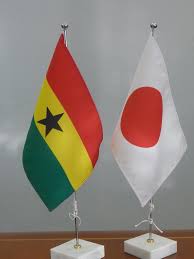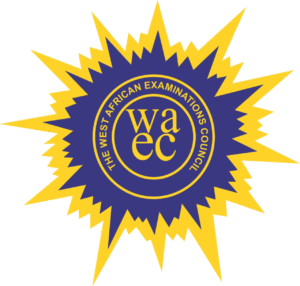Educational Collaboration Pact Signed Between Ghana and Japan

Ghana and Japan have taken a significant step forward in strengthening their educational ties with the signing of a new agreement aimed at enhancing inclusive, quality education and advancing sustainable development goals. The pact, inked in Japan, places a strong emphasis on equipping Ghanaian youth with vital digital skills necessary for the future workforce.
The agreement was initialled by Ghana’s Minister of Education, Haruna Iddrisu, and Japan’s Minister of Education, Culture, Sports, Science and Technology (MEXT), A.B.E. Toshiko. It marks a major milestone in broadening the scope of educational collaboration between the two countries, targeting a range of strategic areas designed to foster capacity-building and innovation.
Core Goals of the Agreement
The collaboration focuses on several key objectives. These include strengthening institutional capacity through enhanced teacher training programs and joint development of curricula tailored to current and emerging educational needs. A significant component targets the development of green skills within Technical and Vocational Education and Training (TVET), preparing young Ghanaians for opportunities in sustainable industries that are vital for future economic growth.
The agreement also aims to expand initiatives in Science, Technology, Engineering, and Mathematics (STEM) alongside digital innovation projects. These efforts are designed to cultivate critical thinking, problem-solving abilities, and environmental awareness among students.
Another vital feature is the promotion of student exchange programs and joint research initiatives at the tertiary level. These are intended to deepen the understanding of global sustainability challenges and foster international cooperation in educational research. Embedding principles of Education for Sustainable Development (ESD) within schools and communities will help nurture responsible, globally minded citizens ready to contribute to sustainable futures.
Importantly, the pact includes comprehensive coding courses tailored to develop essential digital competencies among Ghanaian students. This addition underscores the shared recognition of digital literacy as a cornerstone of modern education and economic empowerment.
A Testament to Steadfast Friendship
At the signing ceremony, Minister Haruna Iddrisu expressed heartfelt appreciation to the Government of Japan and MEXT for their unwavering support and shared commitment to educational advancement. He described the partnership as more than a bilateral agreement—characterizing it as a joint vision grounded in the belief that education is a fundamental driver for building peaceful, resilient, and sustainable societies.
Minister Iddrisu highlighted how Ghana draws inspiration from Japan’s focus on community-based learning, environmental stewardship, and holistic approaches to student development. He expressed eagerness to integrate these values into Ghana’s ongoing educational reforms.
He further underscored the timely and transformative nature of the collaboration, which aligns closely with Ghana’s Education Strategic Plan (ESP 2018-2030) and its aspirations toward a knowledge-based economy. Ghana remains fully committed to ensuring the successful implementation of the partnership, confident that the shared vision and mutual exchange of expertise will deliver meaningful educational outcomes that benefit both nations and contribute to global progress.
Central to Ghana’s education transformation agenda is embracing Education for Sustainable Development. Minister Iddrisu reaffirmed this commitment, emphasizing education’s vital role in achieving the Sustainable Development Goals (SDGs), particularly SDG 4, which focuses on inclusive and equitable quality education and lifelong learning opportunities.
Japan’s Leadership in Sustainable Education
The Minister praised Japan’s leadership role in ESD, recognizing the country as the headquarters of the global initiative and commending its continuous efforts to embed sustainability values into educational frameworks.
He cited the UNESCO Education for Sustainable Development Centre in Okayama and Japan’s tradition of hosting world conferences on ESD as clear demonstrations of Japan’s dedication to fostering the knowledge, values, and behaviors essential for creating just and sustainable societies worldwide.






I have recently started a site, the info you offer on this website has helped me tremendously. Thanks for all of your time & work. “If you see a snake, just kill it. Don’t appoint a committee on snakes.” by H. Ross Perot.